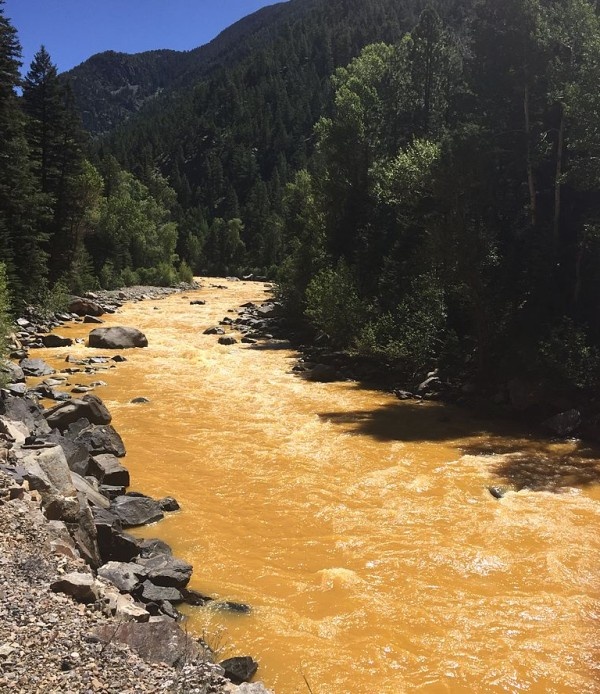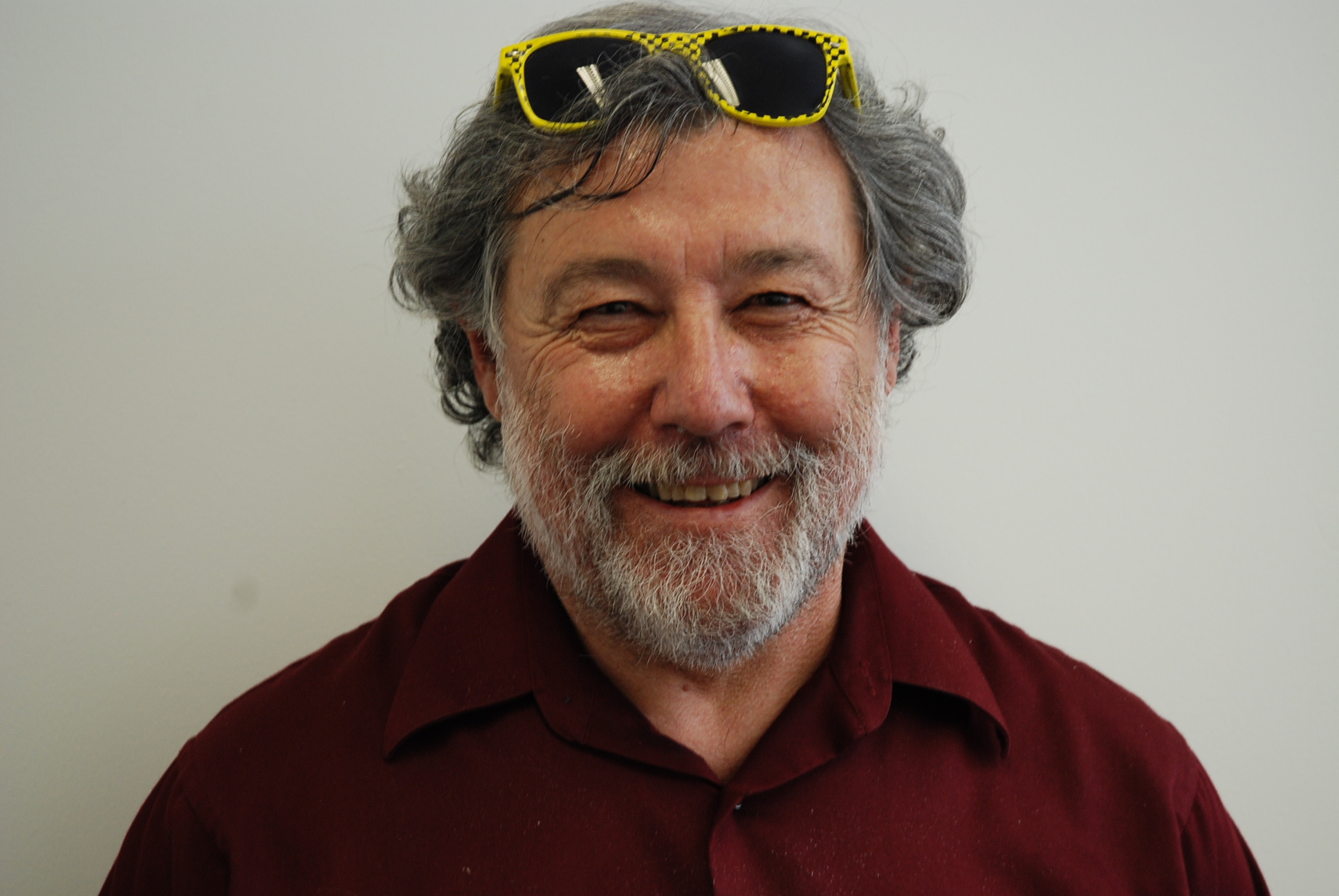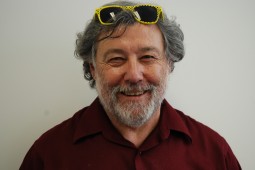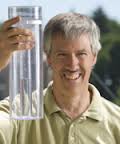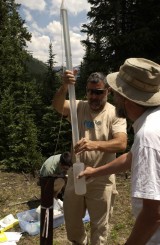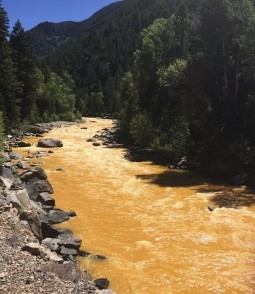
Photo credit: RiverHugger/Creative Commons
Science and Politics of Mining (start time: 6:49) On August 5 an inactive mine named Gold King, which had been leaking toxins for years, spewed more than 3 million gallons of toxic sludge into a creek that feeds into the Animus River in southwest Colorado. Its neon orange path of wastewater was shocking. But also shocking is the long history of acid mine drainage pollution and the lax regulations that allow mining companies to basically walk away from their disasters. Dr. Mark Williams, a professor of geography at CU Boulder, and an expert in mountain hydrology and hydrochemistry., has worked on remediation of several mines in the state. He speaks with How On Earth host Susan Moran about the anatomy of mines, how this disaster happened, what it suggests about the many other precarious mines in the state, and what should be done to prevent such disasters from happening.
Hosts: Susan Moran, Joel Parker
Producer: Susan Moran
Engineer: Joel Parker
Headline Contributors: Kendra Krueger, Joel Parker, Daniel Strain
Executive Producer: Susan Moran
Listen to the show:
Podcast: Play in new window | Download (Duration: 22:26 — 20.5MB)
Subscribe: RSS

